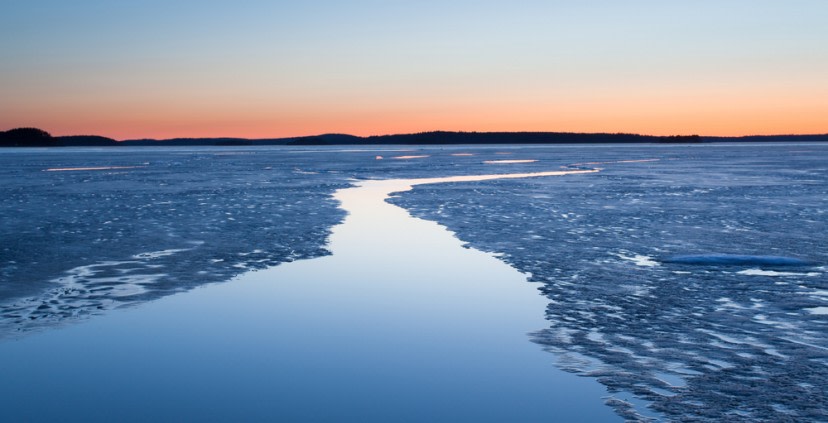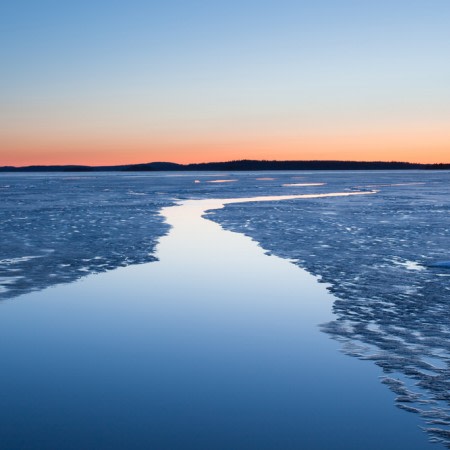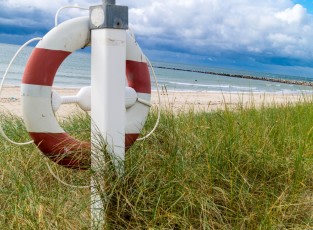Strategic support Finland to increase role in international water diplomacy
The Ministry for Foreign Affairs of Finland (MFA) is in the process of incorporating the water diplomacy concept in its foreign and development policy toolbox. In order to increase Finland's role in international water-related issues and to connect water better with Finland's other peace mediation activities, Rens de Man has been asked as a water diplomacy expert to support MFA's preparedness to undertake carefully targeted w ater diplomacy actions. Key is the development of a 'forward-looking evaluation' which will provide answers to current information gaps and Finland's possible future role in water diplomacy.
Structure
Based on the current stage of water diplomacy in Finland, P2 structured the assignment into two main components. First, P2 provides the approaches to develop a strategy to realise future ambitions based on a solid joint learning process. These approaches included among others joint learning meetings and the development of a Theory of Change for the Finnish water diplomacy.
Second, the objective of the evaluation is to generate knowledge about the possibilities for future engagement of Finland in the area of water diplomacy, based on an analysis of strengths and weaknesses of past activities and an analysis of opportunities and threats in the related fields of water cooperation, peace mediation and diplomacy. This approach will allow us to identify past activities' strengths and weaknesses and identify opportunities to develop a solid base for future activities.
Conflicts
Although open water-conflicts remain still relatively scarce, tensions are continuously present in various basins over surface and groundwater resources and in situations in which water is used as an issue in other conflicts. Water conflicts are rarely about water alone: water is used, for example, in relation to the demand for drinking water (pollution), navigation (dams, siltation), food production, inland fisheries, energy production (hydropower dams), maintaining environmental flows and water as a cultural identity. Therefore, water-related tensions are typically about differing water uses and needs that riparian states and other actors have.
Water diplomacy
Water diplomacy is an increasingly dominant concept to complement the activities related to transboundary water cooperation. For example, the European Union issued two Council Conclusions on water diplomacy in 2013 and 2018, stating that high-level political engagement is required to prevent and alleviate the conflict potential of shared waters and promote peace and stability. Globally, a variety of local, national, regional and international organisations, often linked to global research and development programs in river basins, are working in the field of water diplomacy.





